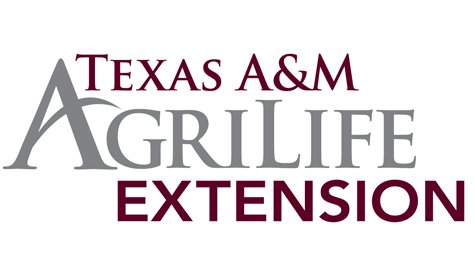If your well has been flooded, you should assume that the water in it is contaminated. Do not use the well water for drinking, cooking, making ice, brushing your teeth or even bathing until you are satisfied that it is not contaminated.
Floodwater can be contaminated by substances from upstream, such as manure, sewage from flooded septic systems or waste-water treatment plants, and pesticides or fertilizer applied to cropland that was flooded. A septic system near a well also can cause contamination when the soil is flooded.
 The Texas A&M AgriLife Extension Service offices in Austin and Waller Counties and the Brazos County Health Department are partnering to provide testing services to local residents with private water wells.
The Texas A&M AgriLife Extension Service offices in Austin and Waller Counties and the Brazos County Health Department are partnering to provide testing services to local residents with private water wells.
“Flooded private water wells should be tested prior to water being consumed,” said John W. Smith, AgriLife Extension program specialist, College Station.
He said those submitting samples should use only sampling bottles from their AgriLife Extension office or directly from the Brazos County Health Department. Water samples for E. coli testing should be collected less than 24 hours before the sample is submitted. The bottle must contain exactly 100 ml water as indicated on the bottle or the lab will reject the sample. The sample must be delivered to the lab on ice or ice packs. Included instructions should be carefully followed to ensure accurate results. For additional information, call the Brazos County Health Department at (979) 361-5738.
A $20 per sample fee will be collected when bottles are delivered to the Brazos County Health Department at 201 N. Texas Ave., Bryan, Texas by participants. Samples are accepted only on Monday – Thursday before 3:00 pm.
Samples will be analyzed for total coliform bacteria and Escherichia coli.
Required sample bottles and instructions may be picked up at the AgriLife Extension office for Waller County, 846 6th St., Hempstead (979-826-7651) or the Extension office for Austin County, 20 S. Holland, Bellville (979-865-2072).
Smith said the presence of E. coli bacteria in water indicates that waste from humans or warm-blooded animals may have contaminated the water. Water contaminated with E. coli bacteria is more likely to also have pathogens present that can cause diarrhea, cramps, nausea or other symptoms.
For those with positive results for E. coli, instructions for decontaminating the well will be available from the Brazos County Health Department and through the following publications free for download at http://twon.tamu.edu/fact-sheets/: Decontaminating Flooded Water Wells and Shock Chlorination of Wells
Contact: John W. Smith, 979-845-2761, [email protected]






